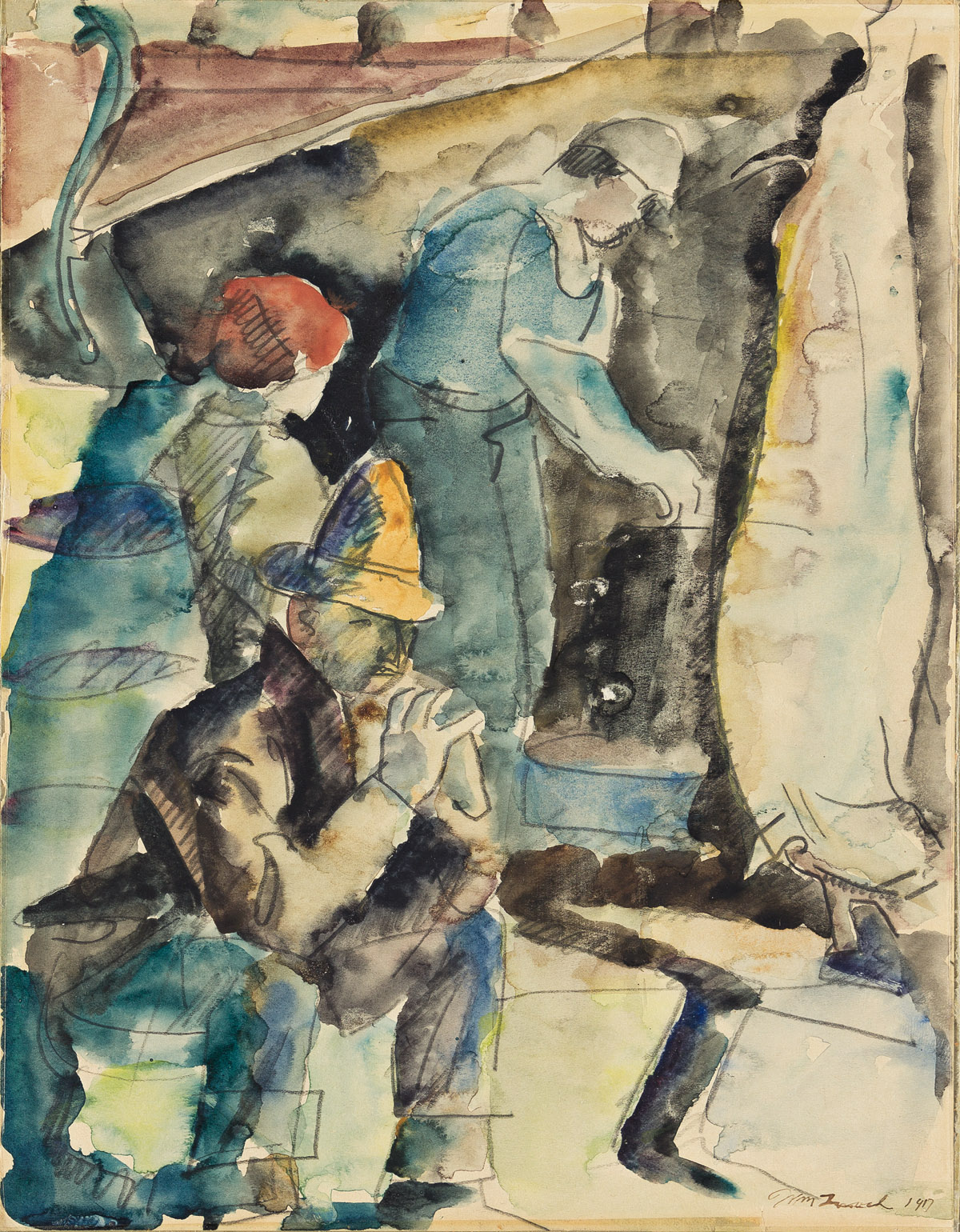Sale 2611 - Lot 68
Unsold
Estimate: $ 2,500 - $ 3,500


Aliquam vulputate ornare congue. Vestibulum maximus, libero in placerat faucibus, risus nisl molestie massa, ut maximus metus lectus vel lorem.